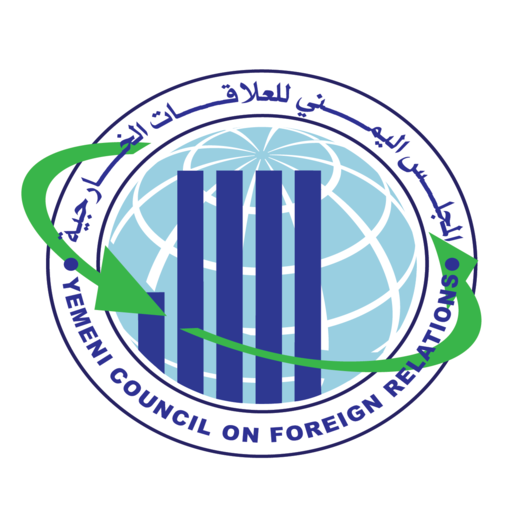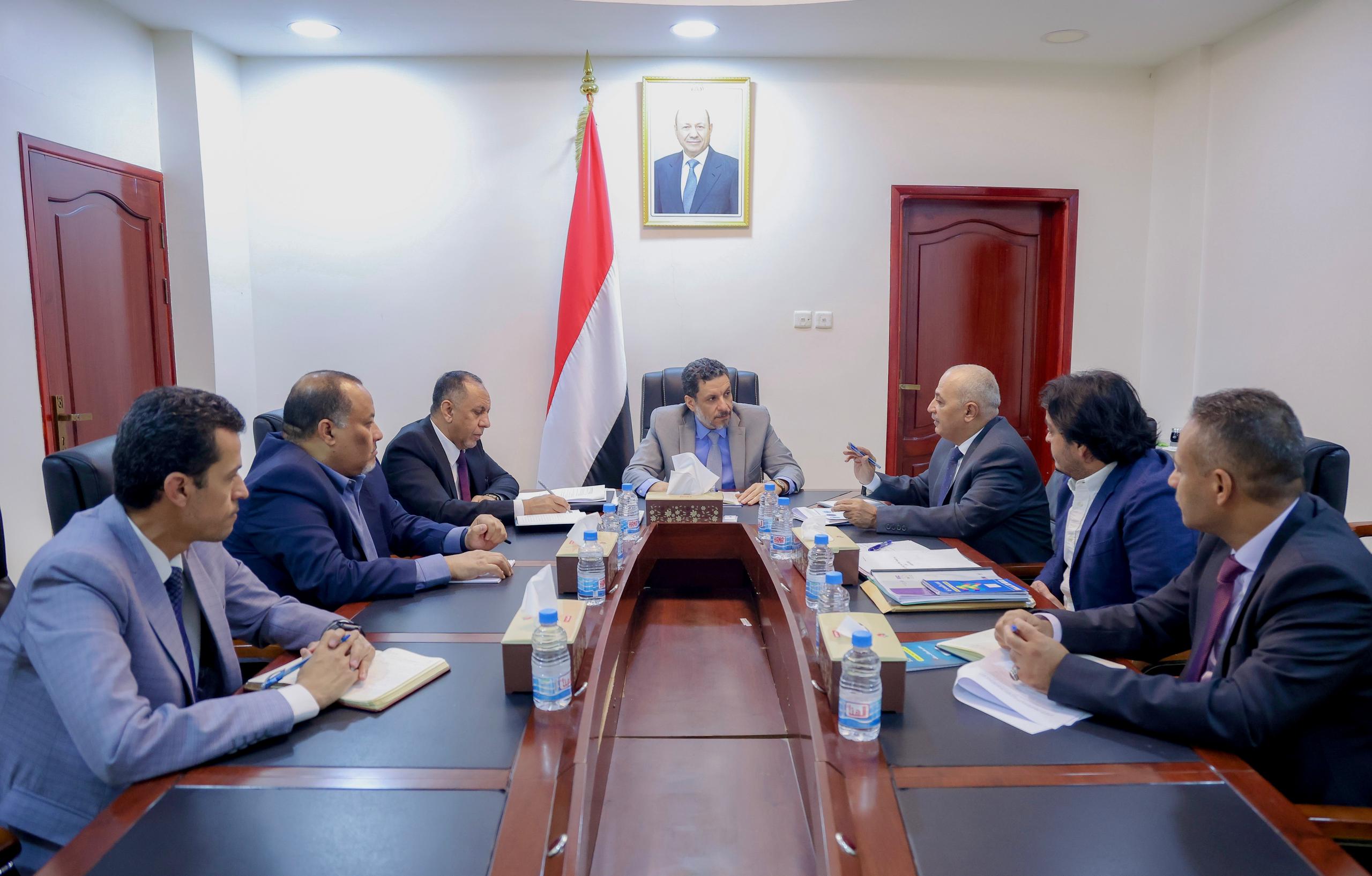Source: Saba News Agency
Prime Minister Dr. Ahmed Awad bin Mubarak directed the development of a national vision and the formulation of a negotiating position that reflects the priorities and needs of confronting the devastating effects of climate change in Yemen, particularly concerning livelihoods, environmental resources, basic services, infrastructure, and the international support required to mitigate its repercussions.
During his chairmanship of a government meeting in the interim capital, Aden, on Monday, within the framework of ongoing preparations for Yemen’s participation in the 29th Conference of the Parties (COP29) scheduled to be held in Baku next November, the Prime Minister stressed the importance of presenting a clear vision regarding the impacts of climate change on Yemen. He emphasized showcasing the country’s needs and the government’s vision for addressing climate change, considering Yemen as one of the most affected countries despite being among the lowest contributors to emissions causing climate change. He pointed out the significance of building a comprehensive negotiating strategy that includes indirect challenges related to climate change, such as refugee flows, and mobilizing regional and international support to enhance national capacities in facing and predicting climate change, along with continuous adaptation to its fluctuations.
Dr. Ahmed Awad bin Mubarak emphasized the need to leverage international trends to secure funding, establish regional and international partnerships, and implement necessary measures and procedures aimed at mitigating the risks of climate change.
The meeting was briefed by the Minister of Water and Environment, Tawfiq Al-Sharjabi, on the ongoing preparations for participation in the upcoming climate summit, which will focus on issues of financing, adaptation, loss and damage, and a just transition, in addition to proposals for projects being developed with climate funds.
The meeting also discussed additional government benefits and facilities that could be provided to expand the use of renewable energy. The Ministries of Industry and Trade, Electricity and Energy, Water and Environment, Agriculture and Irrigation, and the Customs Authority were tasked with preparing a comprehensive vision on ways to encourage the expansion of renewable energy use and the additional incentives that could be offered.

